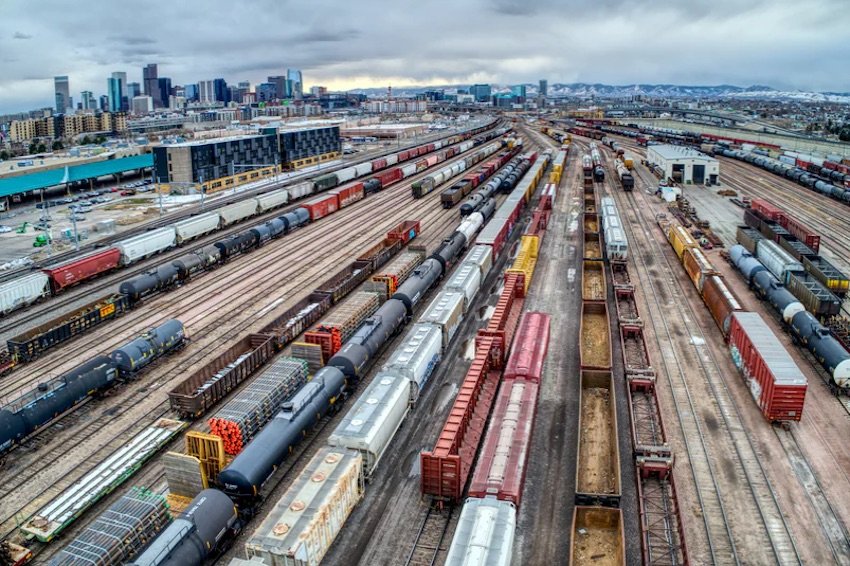Partners in the Spotlight
Selected integrations
AXIS ACAP - Parquery in-camera
Fotokite - Parking & Traffic Surveys
Parquery works with ANY camera
Parquery’s smart parking solution is powered by Artificial Intelligence (AI) algorithms that analyze camera images to detect vehicles and determine whether a parking spot is occupied. Being a learning system, it can adapt to any parking situation and object.
Commercial vehicles of professional workers and tradespeople pose an interesting challenge to any detection algorithm. They come in widely varying sizes, shapes, and appearances: from typical passenger cars to delivery vans, pickups, flatbed trucks, box, and curtain-side trucks, both with and without an assortment of trailers, with and without additional superstructures such as roof racks.
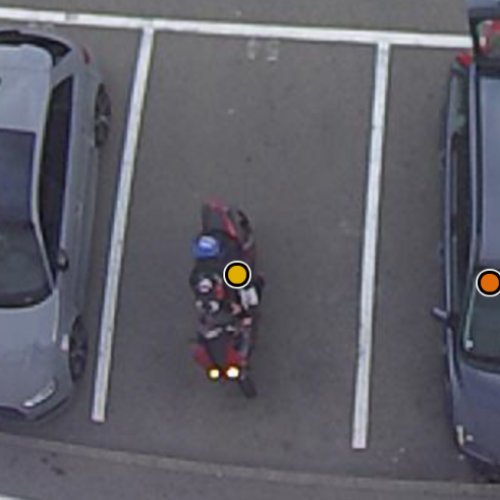
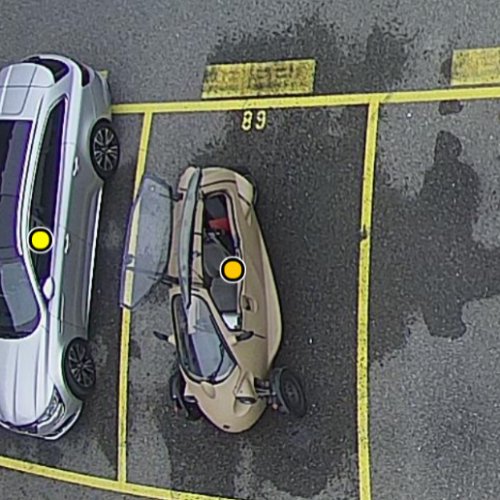
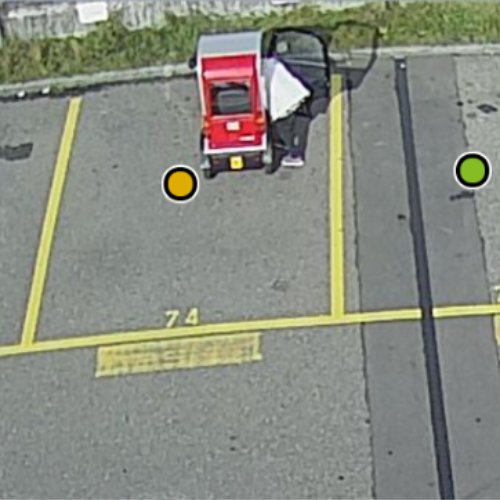
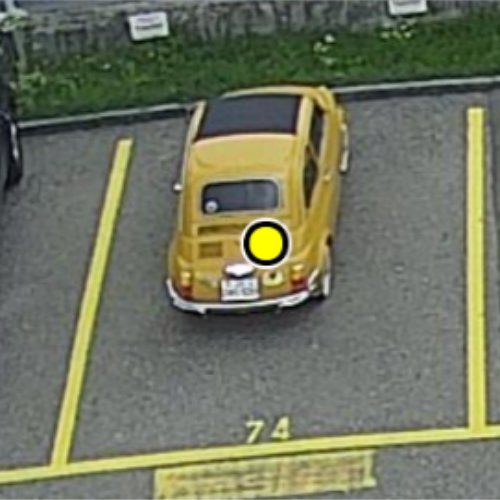
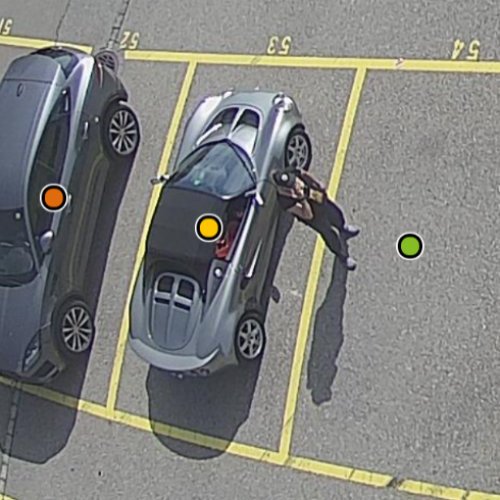
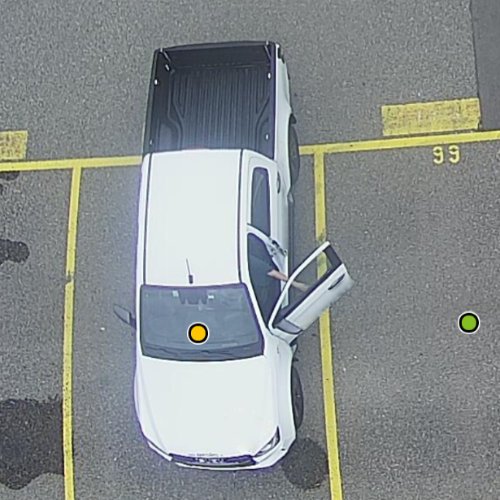
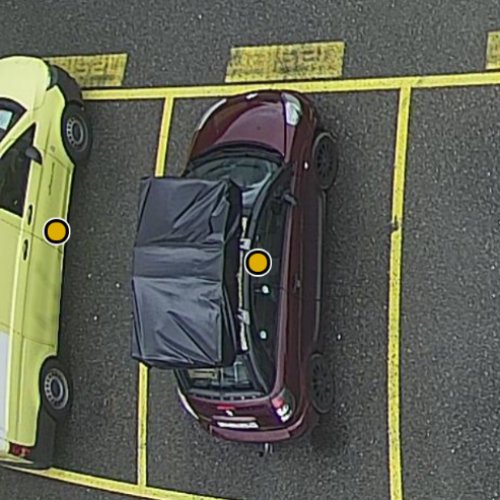
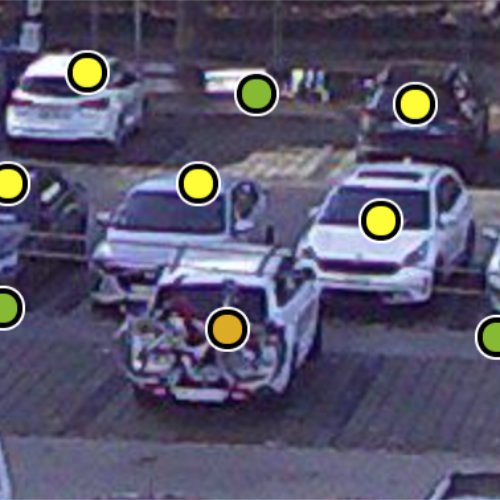
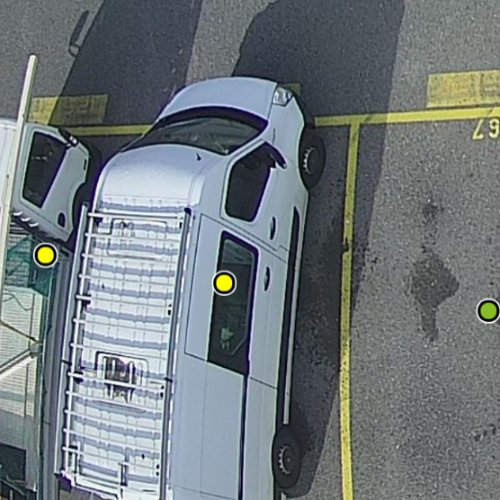
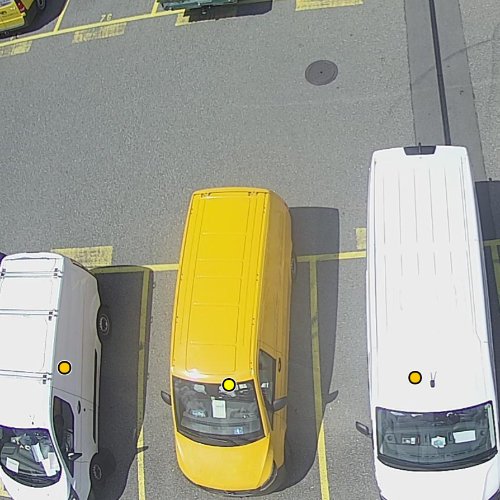
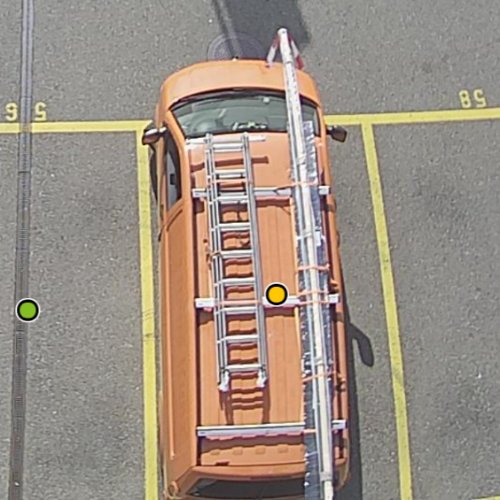
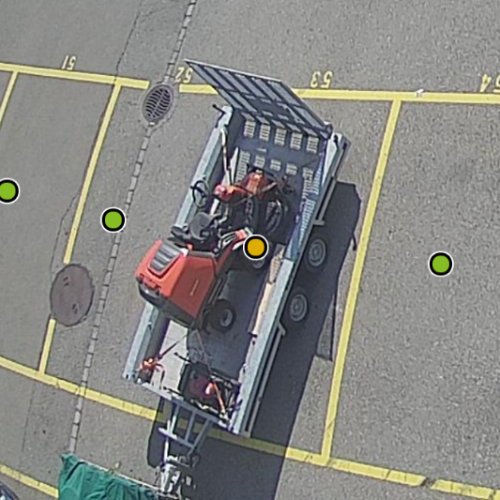
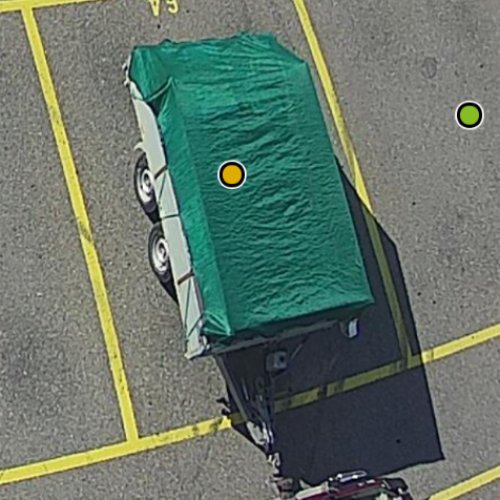
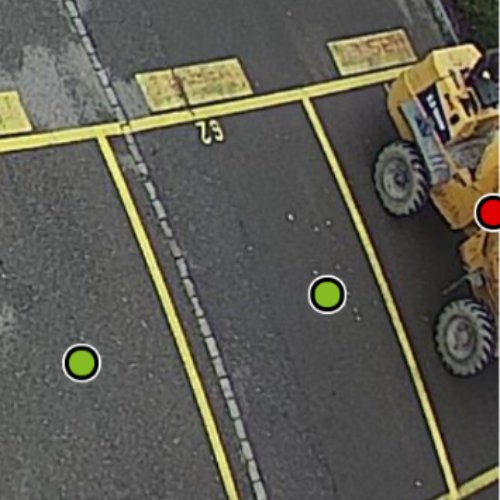
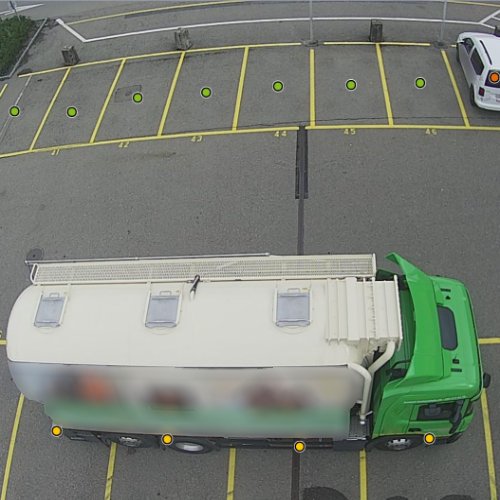
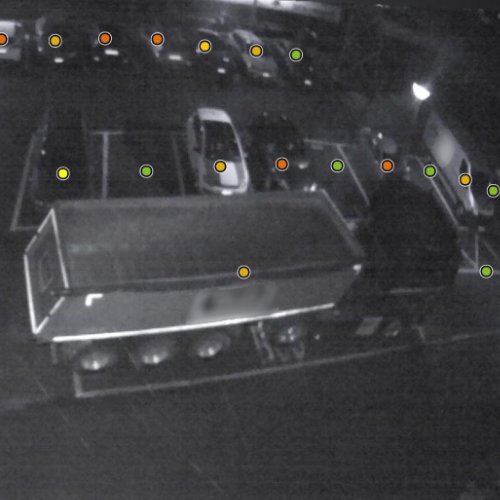
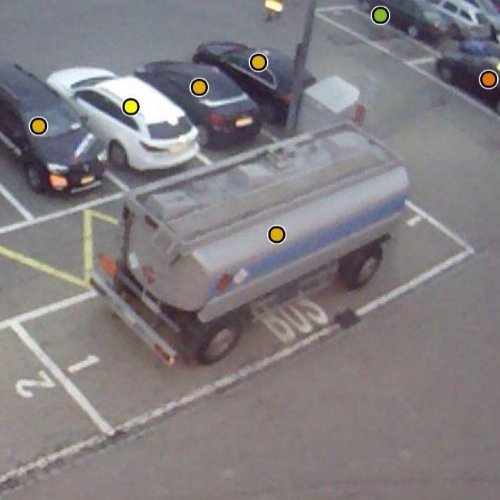
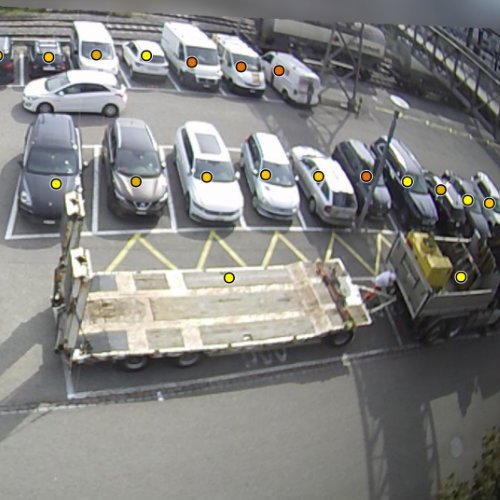
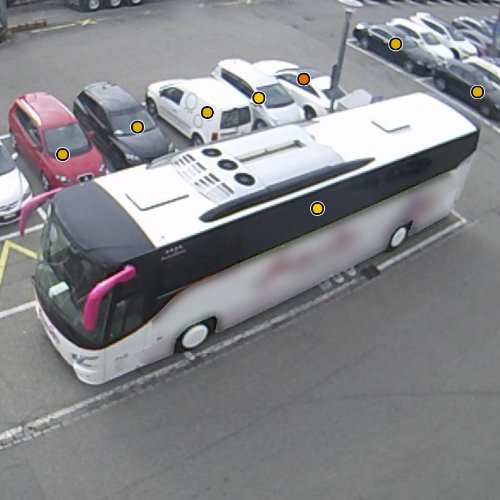
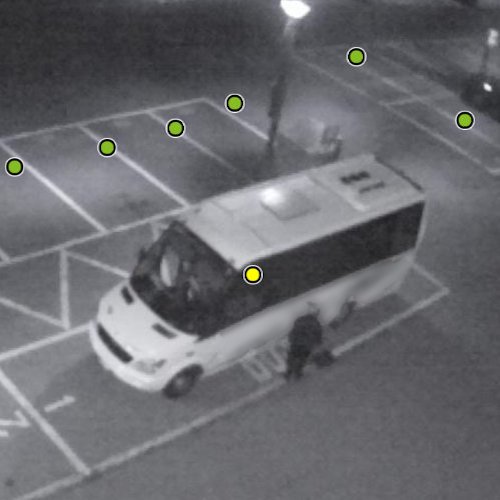
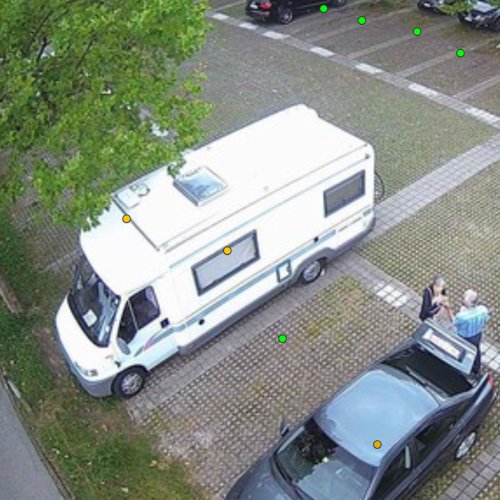
Parquery has seen it all, small, medium, and big: motorbikes, 3-wheelers, tiny motorcycle-cars, oldtimers, sports cars, pickups, vehicles with roof-tents and bike racks, delivery vans with and without roof racks, delivery vans of any size, shape, and color, trailers with and without cargo, earth-moving machines (at the very edge of the camera image), large trucks, road tankers, buses and coaches, camper vans, ...
Furthermore, a vehicle's appearance can drastically change depending on its cargo: open freight platforms of trucks, pickups, or trailers may be empty or covered with materials and equipment. A gardener's truck, for example, might look like a treetop when loaded with shrubs. A trailer laden with shopping carts is still a vehicle and should be recognized as such, contrary to shopping carts in an empty bay. The cargo - and with it, the vehicle’s look - might even change over time while the vehicle is parked.
Cargo can range from palettes, boxes, tools, appliances, wooden boards, bushes, trees, over sand and gravel, to construction and earth-moving machinery such as excavators. Ladders, wooden boards and beams, equipment, and bits and bobs are also frequently strapped onto roof racks. All of these profoundly change the characteristics and appearances of the vehicles and challenge any detection algorithm.
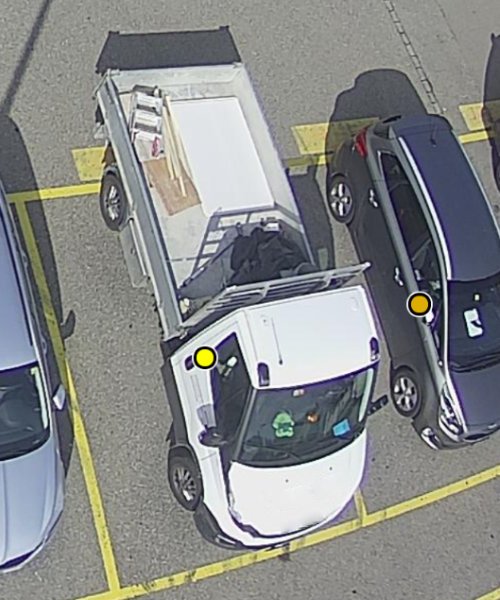
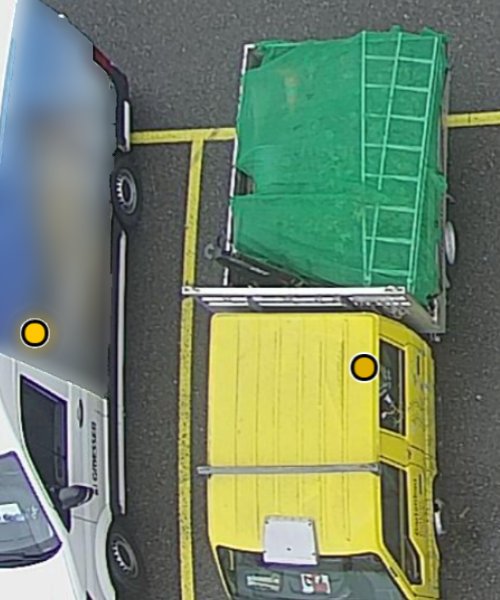
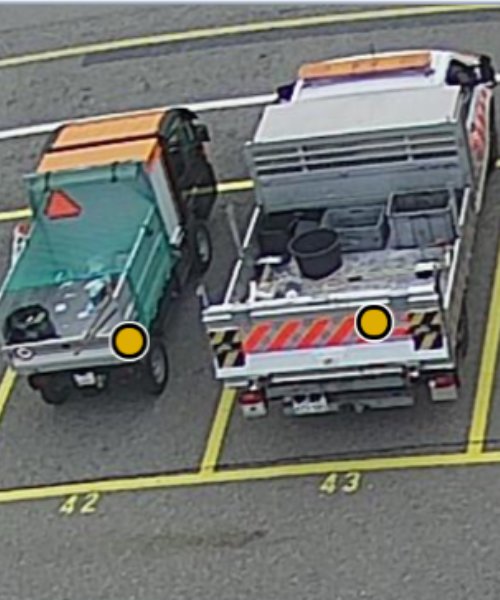
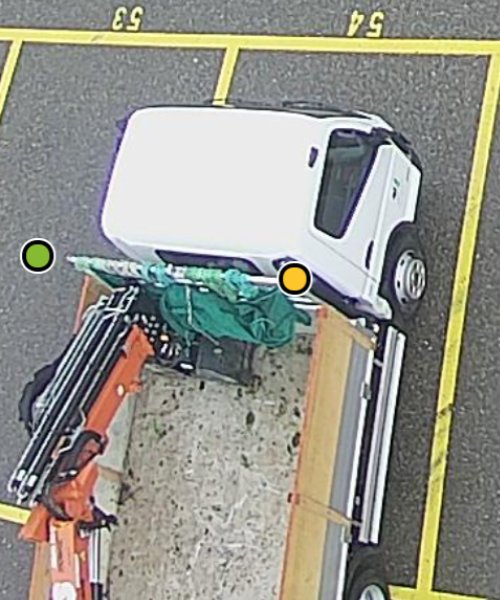
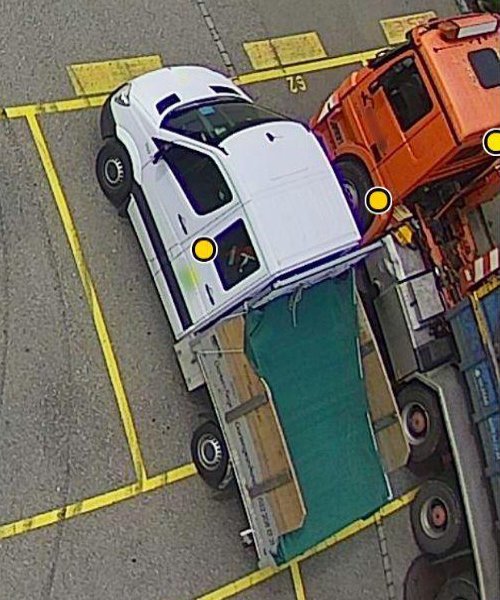
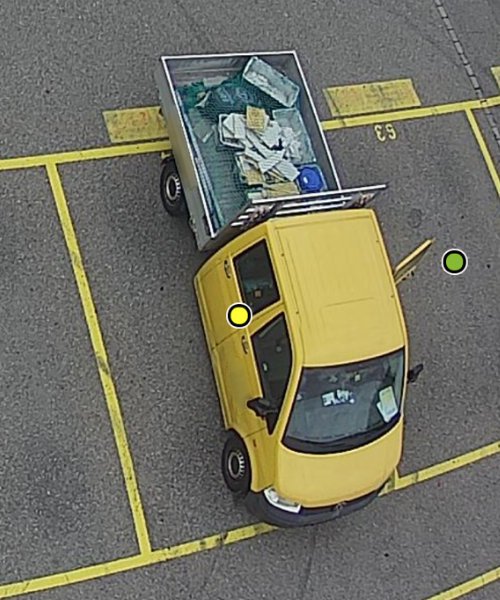
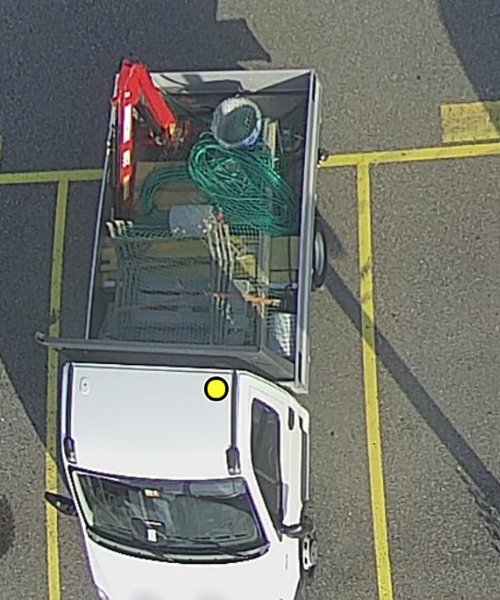
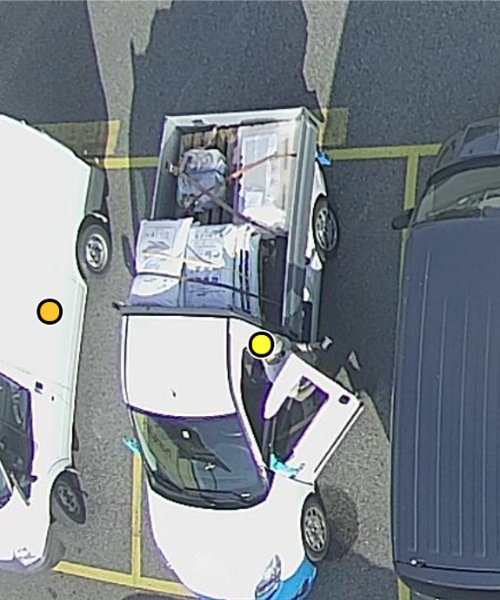
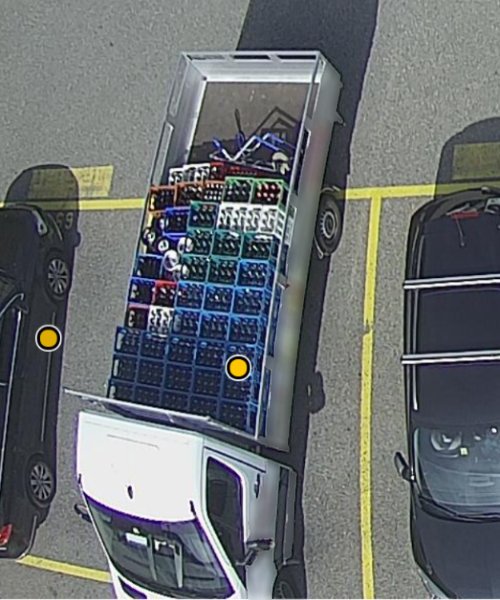
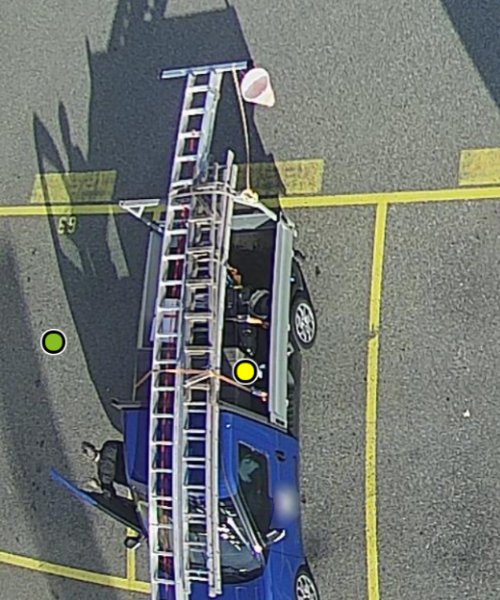
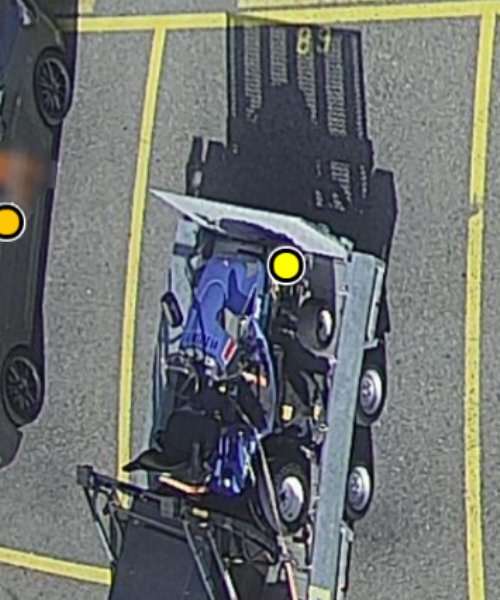
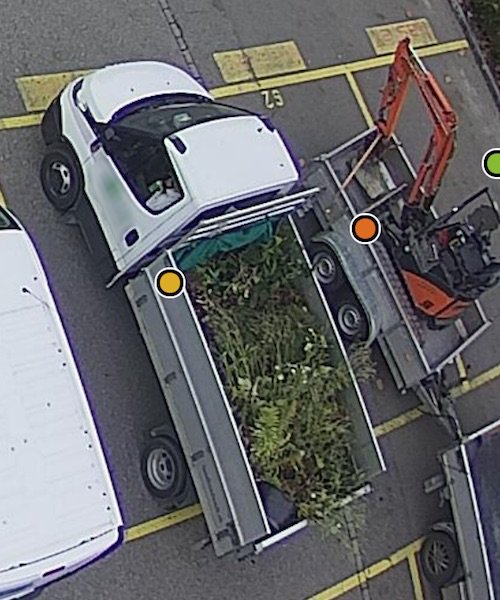
Flatbed vehicles with and without cargo and cargo nets present intriguing detection difficulties due to their diverse appearances.
Parquery’s algorithms can be trained on any vehicle - as diverse as motorcycles, trains, earth-moving machinery, or boats - while being robust to visual clutter or other objects not relevant for detection. Neither open doors and trunk lids of vehicles being loaded or unloaded, nor shopping carts, pedestrians, or bicycles in the foreground interfere with recognition. Parquery’s AI can reliably distinguish oil stains on the asphalt, patched-up road surfaces, or litter from a parked vehicle.
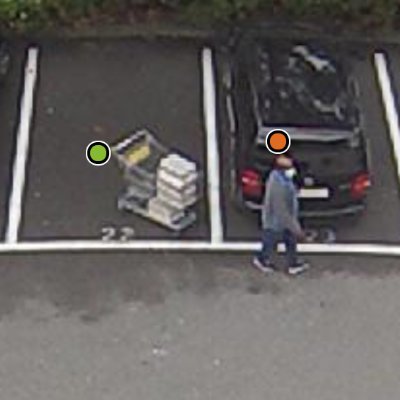
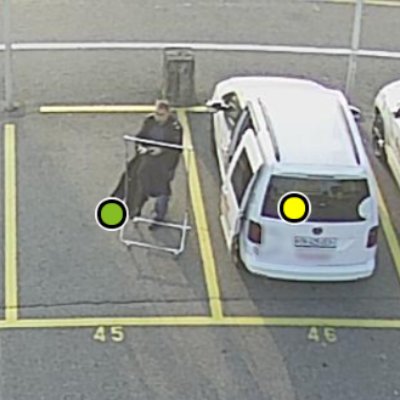

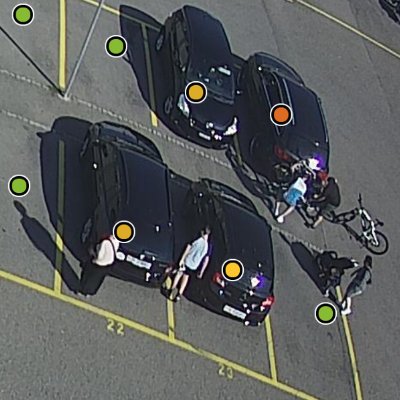
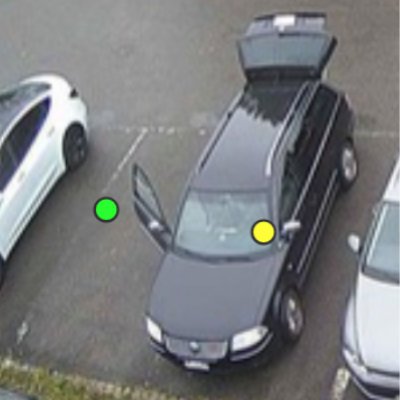
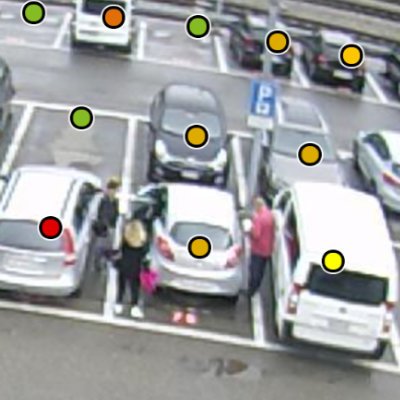
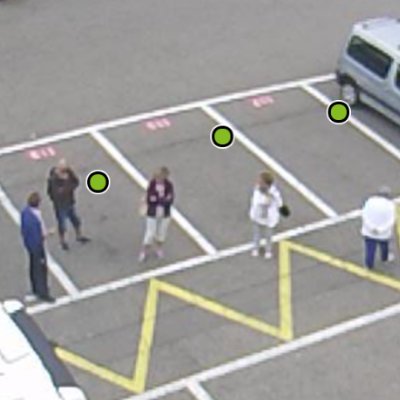
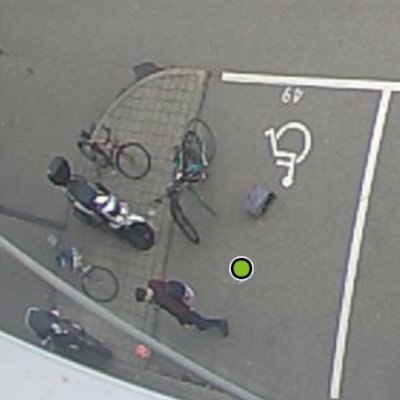
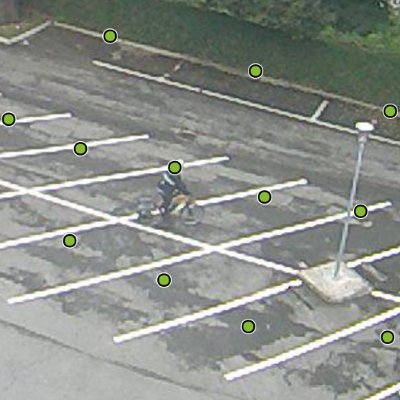
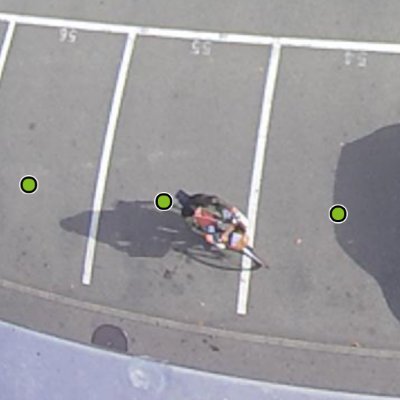
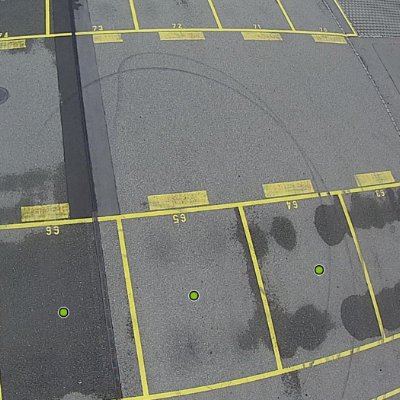
Parquery’s system is robust to occlusions and other objects such as trolleys, car doors, pedestrians and cyclists passing through, oil stains, wet patches, puddles, or tyre marks.
Parquery’s intelligent algorithms learn by example and experience and, thus, can be trained to detect and recognize any object. Beyond solving smart parking problems, Parquery also works on people counting (footfall data), traffic monitoring, and warehousing solutions.
Have you got a project to challenge us?
A campsite with mixed usage with tents, caravans, motorhomes, campers, trailers, rooftop tents? Both permanent and tourist pitches?

A storage area for a farm machinery fleet with combined harvesters, planters, spraying equipment?

Road construction or earth-moving equipment with dozers, excavators, trucks, road rollers, mixing machines?
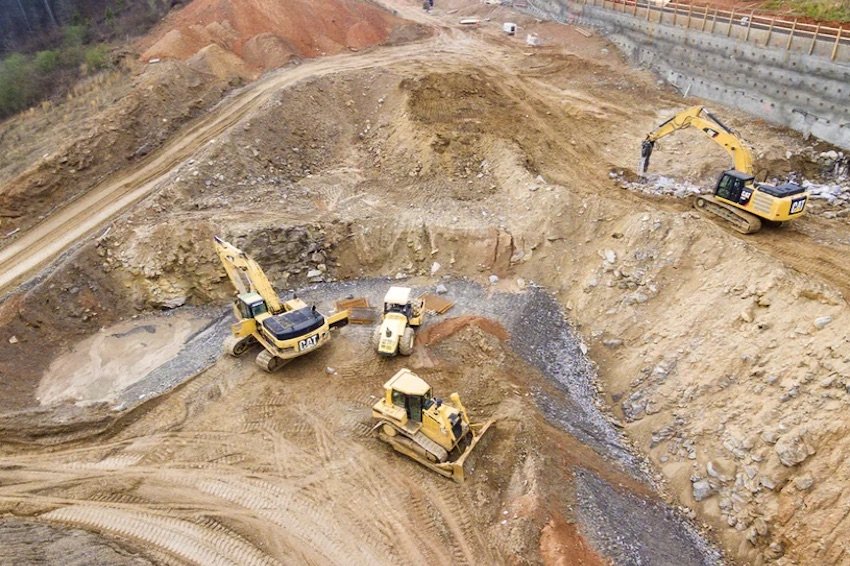
A mining vehicle fleet?

A harbor with sports fishing boats, sailing yachts, dinghies, dive RIBs, commercial fishing boats?

A multipurpose parking lot without markings for vehicles with any number of wheels - from a bike to a road train/long combination vehicle?
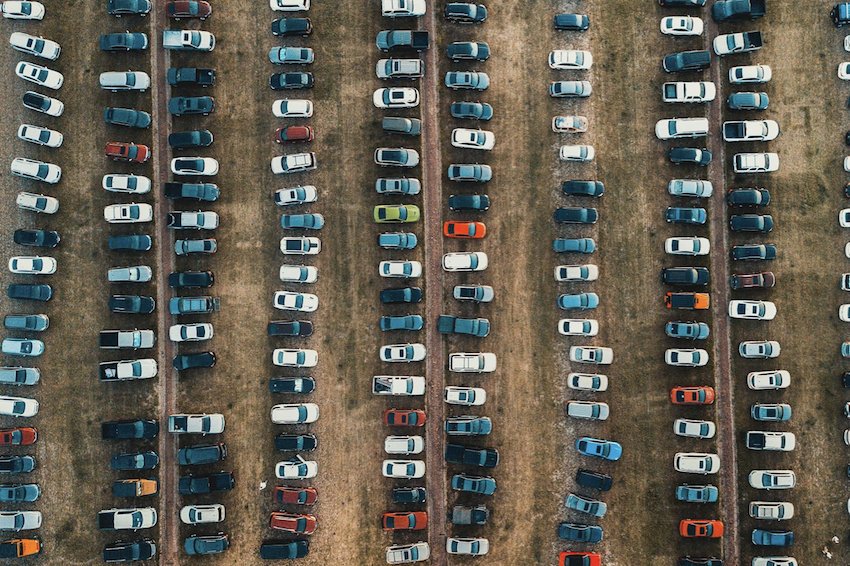
A highway truck parking lot?
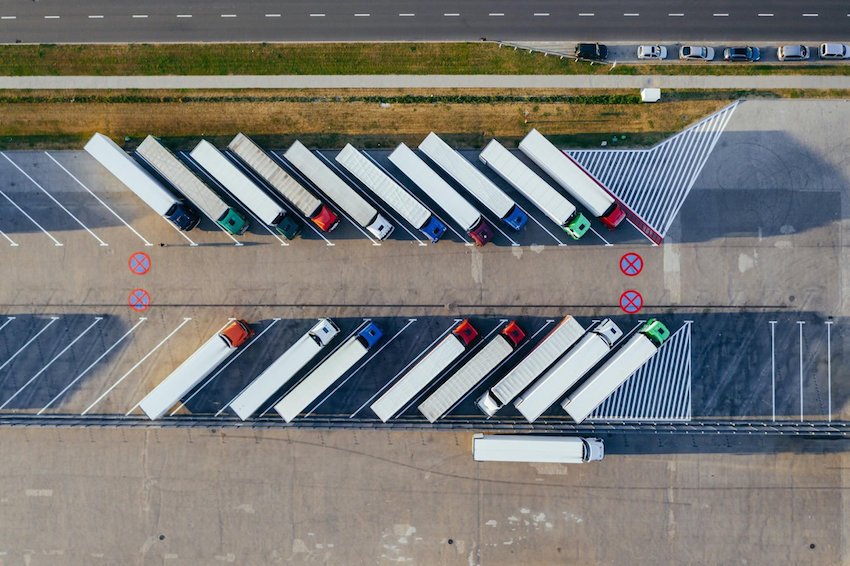
Roadside parking for bikes, motorbikes, passenger vehicles?

A railroad yard?
